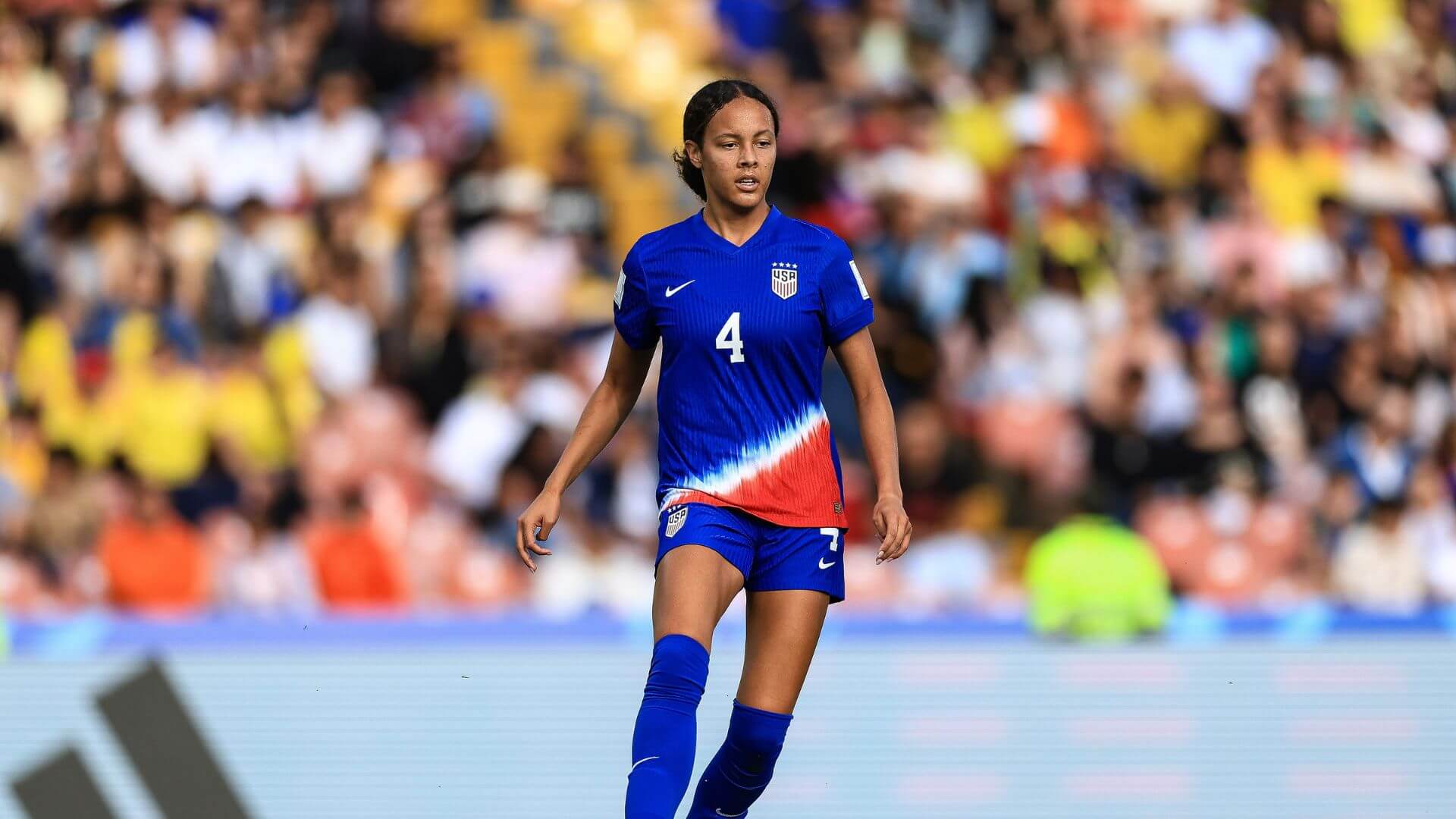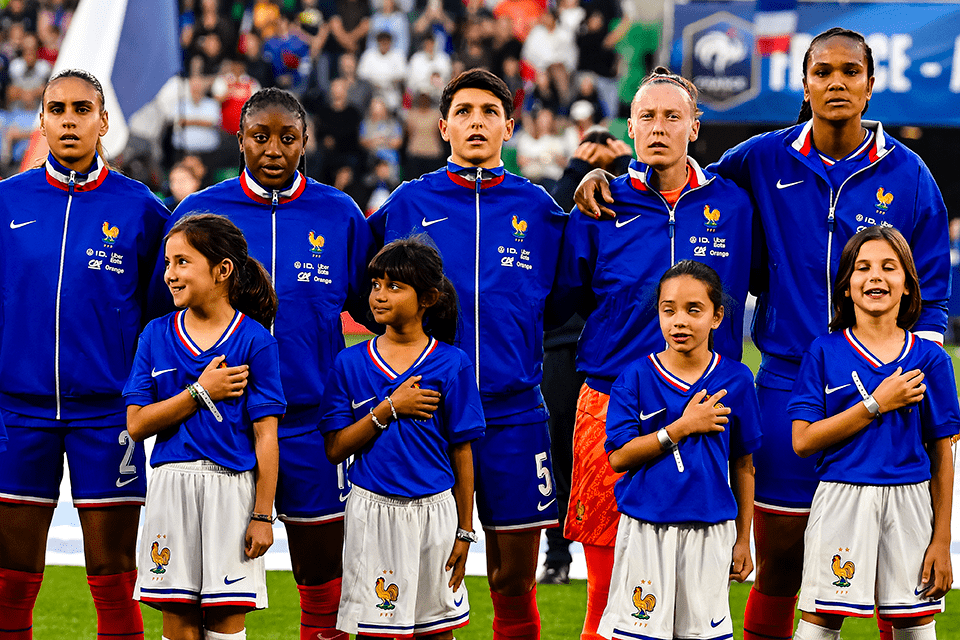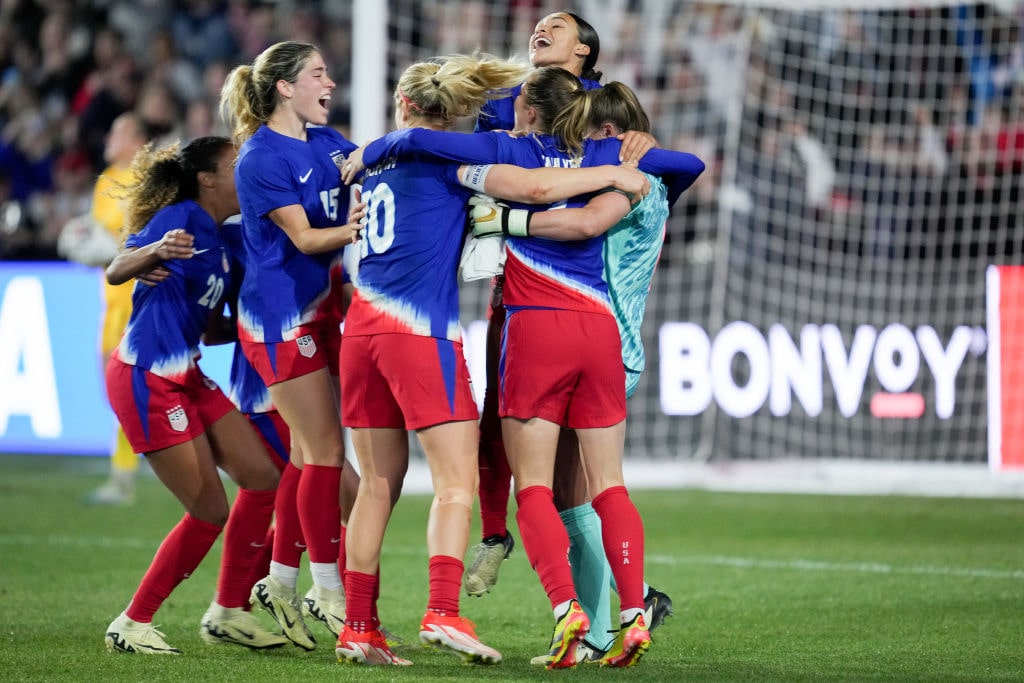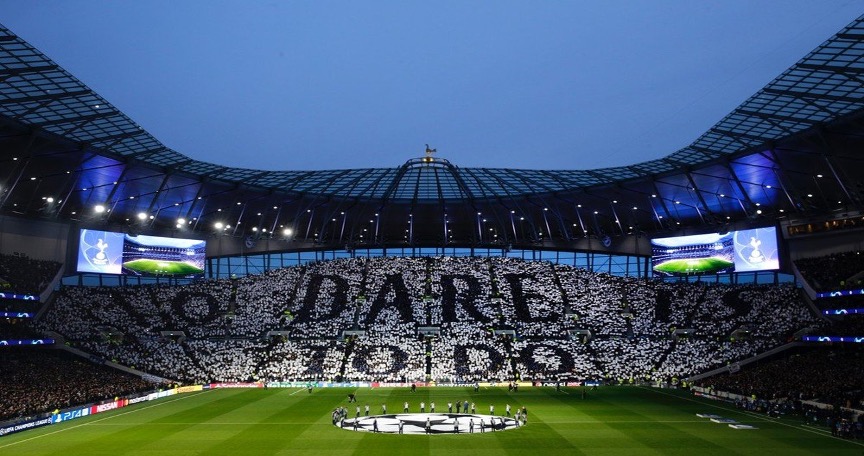How England and Spain Have Followed in their Women’s Team’s Footsteps at UEFA Euro 2024
Last summer, England and Spain met in the final of the FIFA Women’s World Cup in Australia, with the Spanish running out 1-0 victors to claim the trophy for the first time in history. Barely 12 months later, the two teams met again, this time in the men’s game to contest the final of UEFA Euro 2024. But how did this new international rivalry come to fruition, and what can we expect to see going forward?
Spain’s Triumph
The most recent installment of the Women’s World Cup was a landmark event in female sports. It was the most attended women’s sporting event of all time as well as being the most viewed worldwide as well. Australia and New Zealand were the perfect hosts for the competition, with the former ultimately reaching the semifinals before losing to England. And while the Lionesses could celebrate on that occasion, heartache was waiting for them in the final.
Under the guidance of coach Jorge Vilda, Spain played with a blend of technical finesse and tactical intelligence that had become the hallmark of their male counterparts just over a decade prior. With Xavi and Andres Iniesta conducting the orchestra the Spanish romped to three straight trophies between 2008 and 2012. In 2023, the key figures instead were the likes of Alexia Putellas, Aitana Bonmatí, and Jennifer Hermoso who were instrumental in leading their side to a first-ever women’s trophy
Olga Carmona scored the only goal of their game in the Sydney-hosted final, netting on the half-hour mark and giving their English opponents everything to do to emerge victorious. Ultimately, they never truly came too close to the equalizer and the Spanish were in control throughout, emerging victorious and taking the trophy back to Madrid,
England’s Resilience
England’s journey to the final was compelling. Swedish manager Sarina Wiegman led the Lionesses to Women’s European Championship success on home turf a year prior, their first-ever major trophy. The hosts defeated Spain en route to the final, beating them in the quarterfinals thanks to Georgia Conway’s extra-time winner. They then went on to defeat rivals Germany at Wembley in the final, with the winner coming once again in extra time, this time through Chloe Kelly.
The following year, the likes of Lucy Bronze, Fran Kirby, and Ellen White shone brightly, and Their performances not only brought immense pride to the nation but also inspired a new generation of female footballers. Ultimately they were unable to walk away with the trophy, but it wasn’t for the want of trying.
Impact on the Men’s Teams
The success of the women’s teams has had a profound influence on the men’s sides, serving as both inspiration and a benchmark for excellence. England’s Declan Rice said as such in his press conference 24 hours before the Berlin-hosted final, saying “We saw when the women’s team won it what it meant to them, what it meant to the nation. I’m lucky enough now to see a lot of the girls who are in the Arsenal squad and to this day they still speak about it.” Both he and his Three Lions teammates did their utmost to follow in the Lionesses’ footsteps.
Gareth Southgate’s squad has mirrored the disciplined and resilient approach of their female counterparts. They stuttered through the group stages, winning against tSerba and drawing against Denmark and Slovenia, topping the group without setting the world alight. They then sneaked through the second round by defeating Slovakia in extra time, before winning a penalty shootout against Switzerland in the quarterfinals. Their best performance of the tournament came in the semifinals – just as the women’s Two years ago – against the Netherlands, winning 2-1 thanks to Ollie Watkins’ last-gasp winner.
Also, Southgate’s emphasis on integrating young talents into the senior squad reflects a similar strategy employed by Wiegman. The infusion of youthful energy from players like Jude Bellingham, Bukayo Saka and Kobbie Mainoo has been pivotal in England’s campaign, much like the impact of young stars in the women’s team. That sets the team on a great course for the approaching 2026 FIFA World Cup, a tournament in which the latest odds from sports betting online at Bovada make them +700 contenders to win.
Spain boss Luis de la Fuente has continued the legacy of technical mastery and tactical sophistication that defines Spanish football. The men’s team has adopted a fluid, possession-based style reminiscent of their female counterparts, emphasizing control and creativity. The integration of promising talents such as Lamine Yamal and Nico Williams from renowned academy systems echoes the developmental strategies that have propelled Spain’s women to the top.
Bridging the Gap: A Unified Vision
The achievements of England’s and Spain’s women’s teams have transcended gender barriers, fostering a unified vision for footballing excellence in both nations. The teams’ success has highlighted the importance of comprehensive development programs and the impact of strong leadership.
Both nations have invested heavily in creating a sustainable pipeline of talent, ensuring that young players receive the training and opportunities needed to excel at the highest levels. This holistic approach has borne fruit, with both the men’s and women’s teams enjoying unprecedented success on the international stage.












